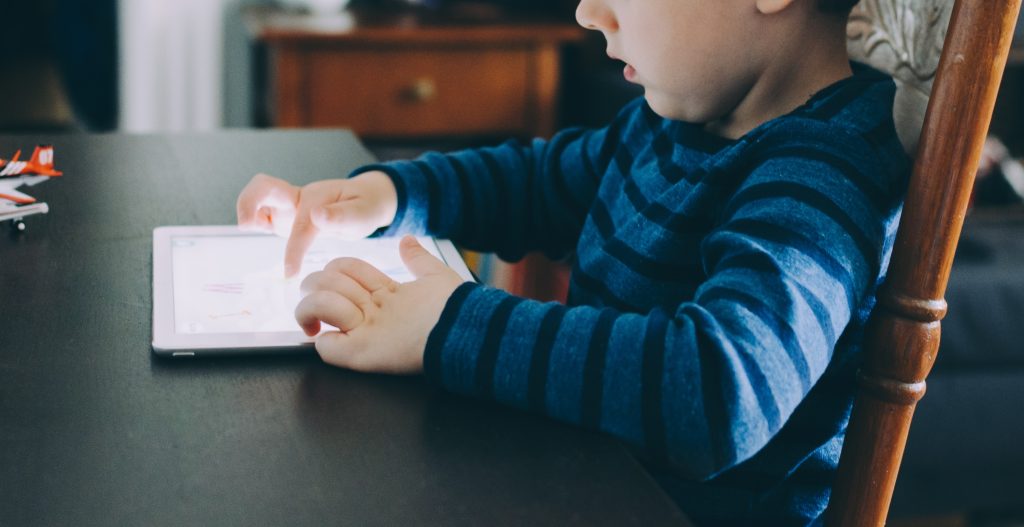In the last 20 years, in many classrooms paper has been replaced by screens and students have abandoned the heavy encyclopedia tomes for Wikipedia, which in 2021 had 244 million page views per day. Recently, social concern is spreading around the impact of technology on education.
We are witnessing a movement that we could call "de-digitization," whereby initiatives are multiplying at all levels - from schools and colleges to universities and graduate schools - to limit the use of screens in academic classrooms.
There is no shortage of studies and the results are compelling. UNESCO's GEM 2023 report warns about the detrimental impact of smartphones in the classroom. Data from international assessments such as PISA indicate a negative relationship between ICT use and lower student performance.
Following its findings, UNESCO has recommended a global ban on smartphones in the classroom and has insisted that education should continue to focus on human relationships. We need to teach children to let technology support, but not supplant, human interactions in school.
Need for legislation
Experts recommend promoting appropriate legislation. This is a sufficiently relevant issue for public authorities to make decisions.
At the international level, some governments have taken courageous decisions: in 2023, Italy has banned cell phones in classrooms.
France did so already in 2018, except for strictly teaching functions.
Finland and the Netherlands have announced that they will not allow the use of smartphones, tablets and smartwatches in class from 2024. Another country with restrictions is Portugal.
In the case of the United Kingdom, 98% in its schools is prohibited.
In Spain, according to the National Observatory of Technology and Society, 22% of children under 10 years of age have a smartphone. However, only 3 autonomous communities (Madrid, Galicia and Castilla-La Mancha) have so far banned the use of cell phones in schools.
Do we need more evidence to start taking this issue with the seriousness it requires?
Professor at the Faculty of Law of the International University of Catalonia and director of the Institute for Advanced Family Studies. She directs the Chair on Intergenerational Solidarity in the Family (IsFamily Santander Chair) and the Childcare and Family Policies Chair of the Joaquim Molins Figueras Foundation. She is also Vice-Dean of the Faculty of Law at UIC Barcelona.








